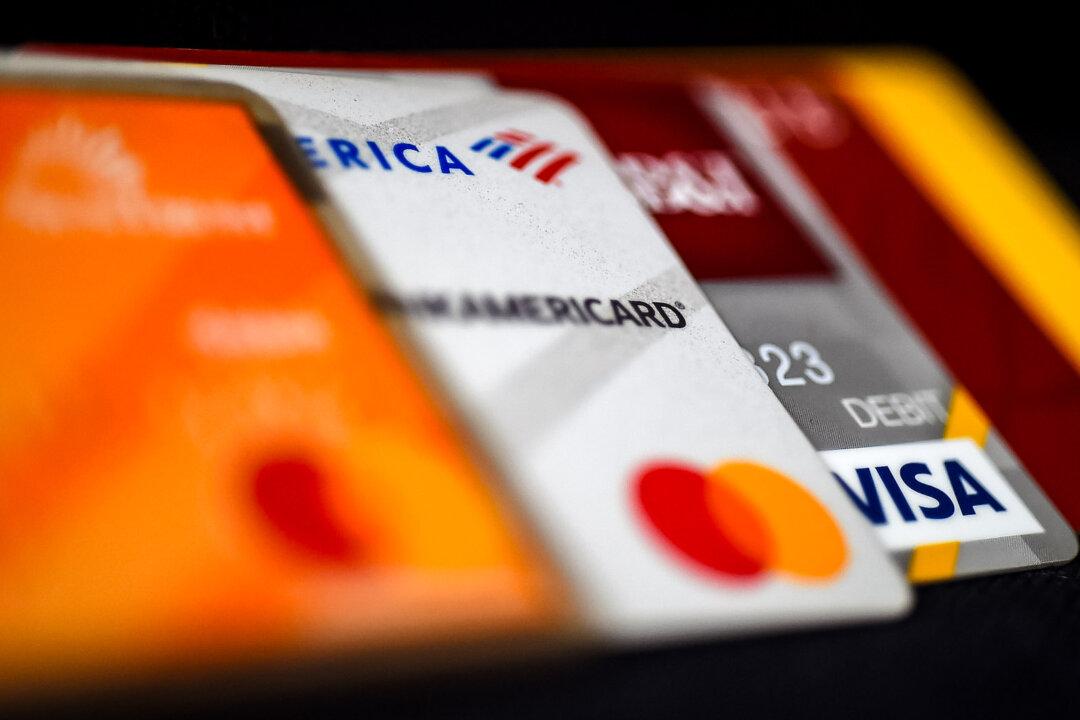A judge has halted a federal financial regulator’s attempt to cap credit card late fees at $8, handing major banks and other card issuers a victory as their multibillion-dollar revenue hangs in the balance.
The limit on late fees, announced in March by the Consumer Financial Protection Bureau (CFPB), was set to take effect on May 14. It was one of several rule changes and regulations aimed at fulfilling President Joe Biden’s pledge to tackle what he called “junk fees.”





